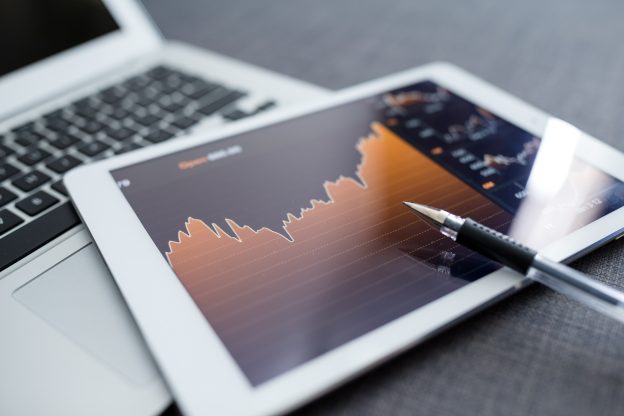The Bureau of Standards, Metrology, and Inspection MOEA will share their experience with renewable energy certificates at the APEC Cross-fora Forum, and hope to find a unified standard for the Asia-Pacific. At present, the MOEA has also proposed the "Carbon Border Adjustment Mechanism (CBAM)" by the European Union, which is ahead of schedule. It is also preparing a carbon inventory verification agency locally, expected to begin operation in September.
The EU proposed CBAM in 2021 and will start trial implementation in 2023 in response to certain industries requesting a way to pay for carbon emissions. Import companies are also required to declare their own carbon emissions. High carbon emission industries will be subject to carbon tariffs from 2026. Bureau of Standards, Metrology, and Inspection MOEA Deputy Director-General Hsieh Han-Chang stated that the so-called CBAM requires calculations of how much carbon is emitted from each commodity produced, is currently just a large-scale framework, and how it will be operated and implemented is still unknown.
The EU will begin to collect data in 2023 and will implement tariffs in 2026. Therefore, the MOEA also hopes to quickly establish a third-party verification agency to assist institutions in their investigations. Head of the sixth group of the Bureau of Standards, Metrology, and Inspection MOEA, Huang Chih-wen stated, at present, in addition to 7 European companies including Lloyd's Register Quality Assurance (LRQA), British Standards Institute (BSI), AFNOR, BV, TUV Rheinland, SGS, and DNV, a metal center, a commodity inspection and verification center, and an ITRI measurement are also being established. Hopefully, the metal center and the commodity inspection center can be used as local carbon inspection agencies. The centers are on track for operation in September and a total of 60 verifiers are currently being trained in the first phase.
Hsieh Han-Chang pointed out that the EU and the US may have their own standards for the carbon border adjustment mechanism in the future and APEC may also have a set of standards in the future.
At present, the Department of Commerce, the SME Office, and the ITRI are also assisting companies in conducting front-end carbon inventory guidance. At the same time, SMEs are also expected to start thinking about how to save energy, reduce carbon, and transform. Huang Chih-wen added that although there is currently no demand for carbon accounting, a high watermark is possible in two or three years and now is the time for advanced deployment and preparations.
(Image:pixabay)







